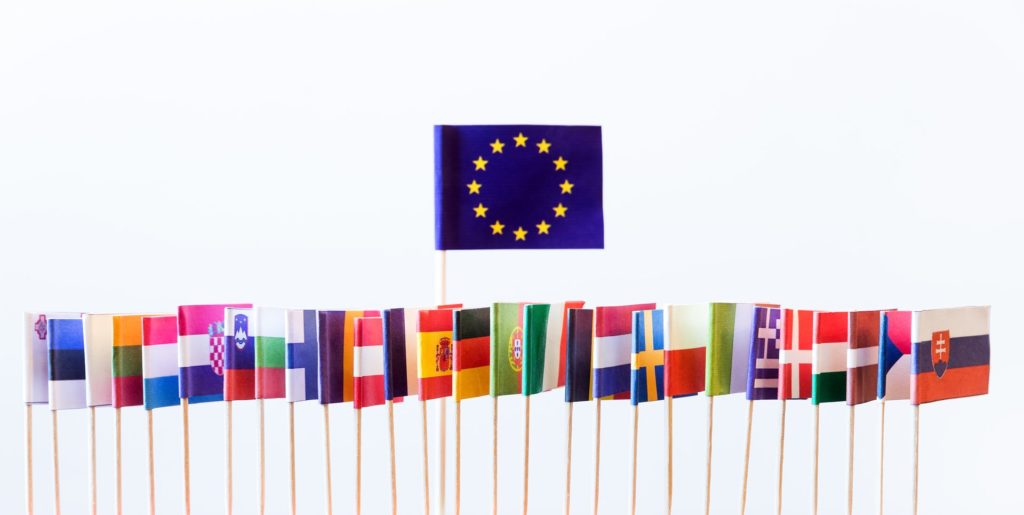Can Europe be seen as a community of values? This and other questions were debated last weekend (19-21 of September) in Prague by 22 young professionals from across Europe during the OpenForum 5 which Citizens of Europe organised together with the Prague based European Values Association (Evropske Hodnoty). The Opening Discussion on Friday evening with Alexander Tomský (Publicist), Frank Burgdörfer (President of Citizens of Europe e. V.) and Jan Vaska (Charles University) – and moderated by Eva Palatová – provided a good starting point to think on the topic of defending values for a European 21st century.
What about promoting European values for the Indian or Chinese 21st Century? – concluded Jan Vaska.
On Saturday participants could then focus on the Ideals and Realities of Values in Europe. After debating the normative bricks of ‘European identity’ (round 1) they could dive into the discussion on the relevance of values for life in Europe (round 2). By discussing European values and identity participants could experience European diversity in practice. Personal value preferences ranged from freedom of speech and expression, secularism, social security to mobility, humor and individuality. There seemed to be a big potential for dispute and misunderstanding. Nevertheless a strong feeling of a common normative foundation filled the debating room. During the afternoon walk in the beautiful city center the words Europe and values were often heard in informal conversations. But formal work was scheduled and the debate went on. Although it was not an easy task, on the last round participants could finally agree in a visual depiction of European Values. The scheme on the flip chart standing in front of the room open the space to think about the political implications of a community of values in Europe. Topics addressed included the borders of tolerance and diversity accepted within a normative unity of values, as well as the importance of responsibility, Human Rights and creativity for the normative definition of the European society.

The example of the more traditional Islamic communities in Europe was a starting point to debate what should be done in order to facilitate a peaceful living together Europe. Participants agreed that there is a need to preserve the common European normative base of Humanism, Rationalism, Secularism and the Rule of Law.
When discussing options for promoting European values, differences came to dominate again. While some called for a stronger role of the state in enforcing liberties, others favored activism and education. However it became clear that European values are not exclusively linked to the political process of the European Union, but that they are strongly influenced by the social and political cultures prevalent in all European societies as well. Values are constantly reproduced and reformulated in social relations. For more information have a look at the project website .
